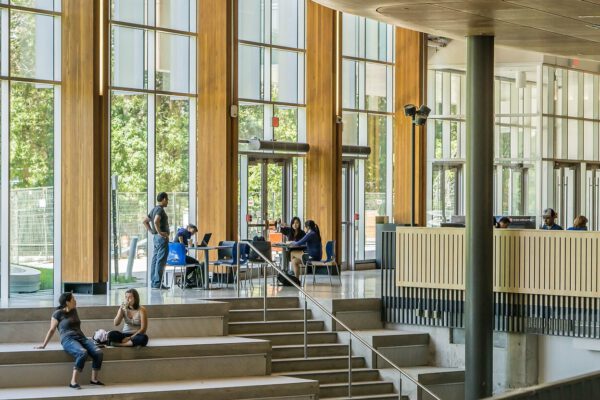One Out of Four High School Seniors Change Postsecondary Plans
Title: Students Weigh In, Part II: Learning & Well-Being During COVID-19
Source: YouthTruth
Despite the hope brought by distribution of the vaccine, the duration of the COVID-19 pandemic means the high school graduating class of 2021 are making college plans having spent portions of both their 11th and 12th grade years dealing with pandemic-related challenges.
A recently released survey from YouthTruth, finds that, since the beginning of the pandemic, one out of every four high school seniors have changed their plans for after high school. The survey, representing more than 63,000 high schoolers from 14 states, asked students to identify if and how the pandemic had impacted their day-to-day learning and schooling experiences. At 25 percent, the proportion of seniors who have changed their postsecondary plans is much higher than the 18 percent of seniors in the spring of 2020, during the onset of the pandemic.
Along demographic lines, and consistent with findings from other reports, responses indicate:
- Students who reported being more affected by the pandemic are more likely to report such a change in their plans (36 percent) relative to their peers (21 percent).
- White students are less likely (18 percent) to have changed their postsecondary plans compared to their peers (30 percent)
- Students who receive free or reduced-price lunch are more likely (28 percent) to report changing their plans compared to their peers (19 percent).
Asked to identify what their postsecondary plans were in the fall 2019 (pre-COVID) and fall 2020 time periods, student responses mirror a concerning trend observed in the recent fall 2020 semester: decreased enrollment in two-year colleges. While there has been little change in the proportion of seniors who expect to attend a four-year college (52 percent in fall 2019 and 51 percent and in fall 2020), only 16 percent of seniors report still expecting to attend a two-year college, down from the 22 percent of seniors who reported this expectation before COVID. This decrease in expected two-year college enrollment is accompanied by a nearly equivalent (5 percentage points) increase in high school seniors who now report being unsure about their plans following high school.
Given the results of prior surveys of students’ postsecondary plans and subsequent enrollment trends, if the current survey results are an indication, two-year colleges may continue to bear the brunt of decreased enrollment. To read the full report, which also discusses the impacts of distance learning on student connections, student well-being and depression, and other topics, click here.
—Charles Sanchez
If you have any questions or comments about this blog post, please contact us.

